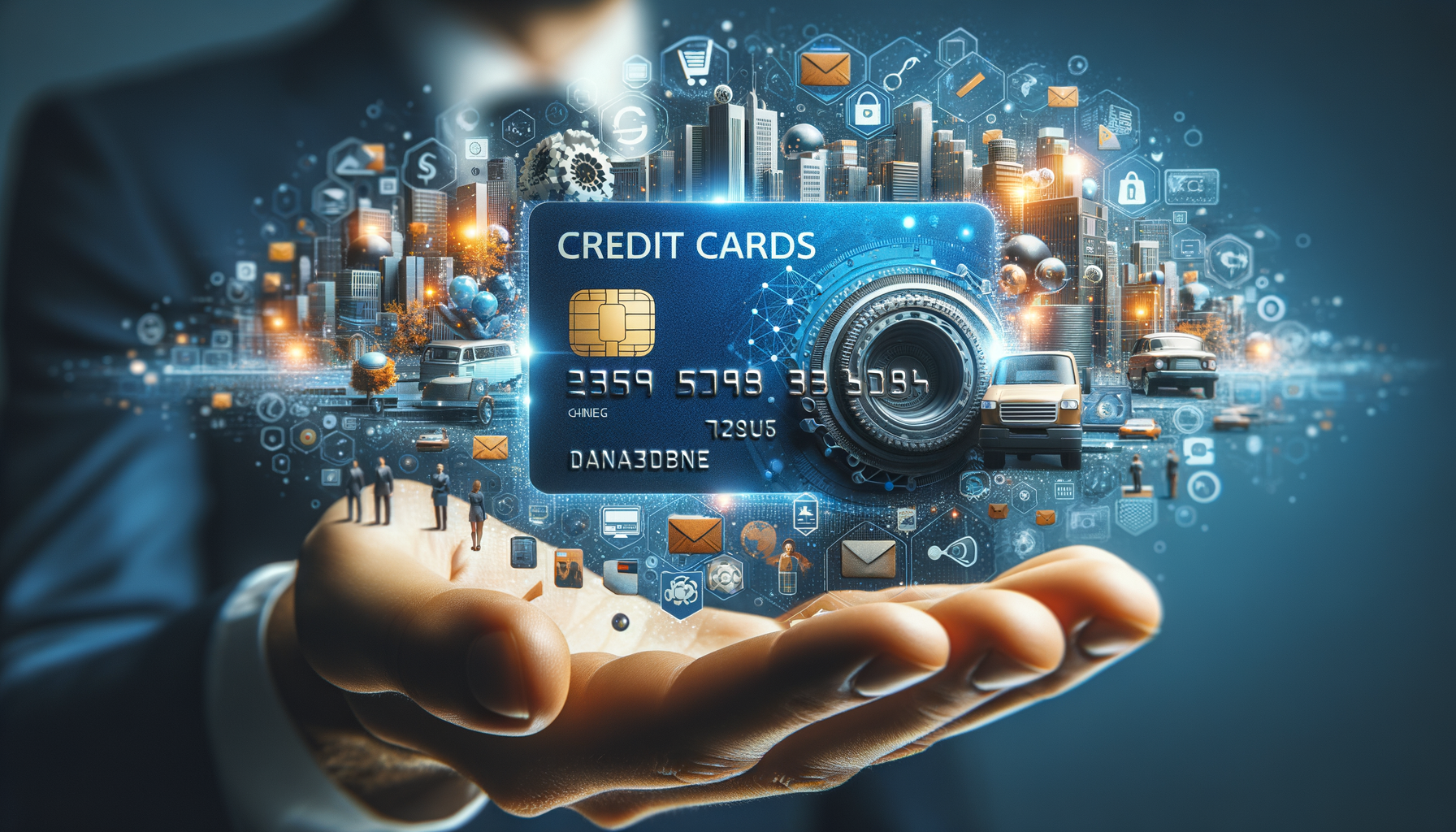As technology continues to evolve, the significance of data security has never been more pronounced. Blockchain technology, originally designed for cryptocurrencies, is now being recognized for its potential to revolutionize data security across various industries.
Blockchain technology offers a decentralized approach to data management, which contrasts sharply with traditional centralized systems. This decentralized nature is one of the primary reasons why blockchain is considered more secure. By distributing data across a network of nodes, blockchain ensures that no single point of failure can compromise the entire system.
Understanding Blockchain’s Security Features
One of the standout features of blockchain is its immutable ledger. Once data is entered into the blockchain, it cannot be altered retroactively. This characteristic is crucial for maintaining the integrity of data. A study by the International Journal of Information Management highlights that blockchain can reduce data tampering risks significantly.
Expert Opinions
Dr. Jasper Lin, a cybersecurity expert, notes, “Blockchain’s cryptographic foundations provide an unprecedented level of security that is hard to achieve with conventional methods.” This sentiment is echoed by many in the tech industry who see blockchain as a game-changer for data security.
Statistics and Research Findings
| Aspect | Traditional Systems | Blockchain |
|---|---|---|
| Data Integrity | Moderate | High |
| Centralization | High | Low |
| Scalability | Moderate | Varies |
| Transparency | Low | High |
| Cost Efficiency | Varies | Potentially Lower |
| Risk of Data Breach | High | Low |
| Access Control | Centralized | Distributed |
| Auditability | Complex | Simplified |
Real-World Applications
Consider a scenario in the healthcare industry. Patient records stored on a blockchain can be accessed securely by authorized personnel, ensuring privacy and reducing the risk of unauthorized access. This decentralized access model enhances data security while maintaining patient confidentiality.
Actionable Tips for Implementing Blockchain
- Evaluate if blockchain aligns with your security needs.
- Start with a pilot project to understand its implications.
- Partner with experienced blockchain developers for seamless integration.
Additional Resources
For those interested in exploring further, sites like IBM Blockchain and CoinDesk offer valuable insights and updates on the latest in blockchain technology.
FAQs
What makes blockchain secure?
Blockchain’s security lies in its decentralized nature and cryptographic techniques, making data tampering challenging.
Can blockchain completely eliminate data breaches?
While it significantly reduces the risk, no system can claim complete immunity from breaches. Regular updates and audits are essential.
Conclusion
Blockchain technology holds immense potential in reshaping the landscape of data security. By offering a decentralized, transparent, and immutable record system, it addresses many of the vulnerabilities present in traditional systems. As industries continue to explore its capabilities, blockchain could become a cornerstone of secure data management strategies worldwide. Embracing this technology could be a strategic move towards safeguarding sensitive information effectively.


Leave a Reply